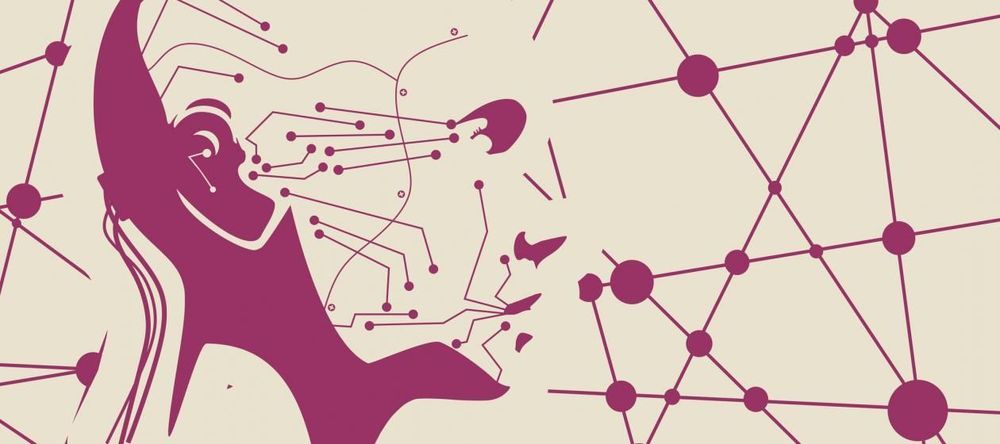A fringe group of scientists and tech moguls think they’re closing in on the fountain of youth. Here’s everything you need to know:
What is biohacking? Silicon Valley is built on the idea that technology can optimize, or “hack,” any aspect of our lives — so why not the human life span? Until recently, anyone hawking pills or treatments that promised to restore youthfulness was considered a quack, yet a growing number of “transhumanists” are convinced that, in time, human beings can be transformed through bioengineering, and that aging will be curable just like any other malady.
In light of rapid gains in gene editing, nanotechnology, and robotics, some futurists expect this generation’s biohackers to double their life spans. Aubrey de Grey, a regenerative medicine researcher backed by tech mogul Peter Thiel, insists that someone alive today will live to be 1,000. “It’s extraordinary to me that it’s such an incendiary claim,” de Grey says. Korean physician and financier Joon Yun has offered two $500,000 prizes to anyone who can restore a test animal’s youthful heart rate and extend its lifespan by 50 percent. For humans, the mortality rate at age 20 is 0.001 percent, Yun figures, “so if you could maintain the homeostatic capacity of that age throughout your life, your average life span would be 1,000.”
